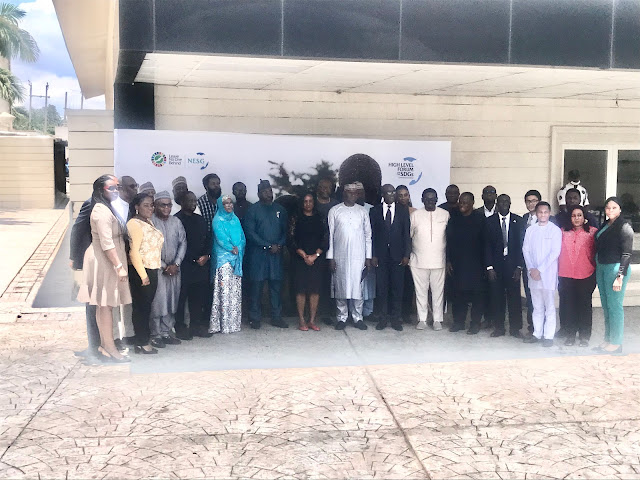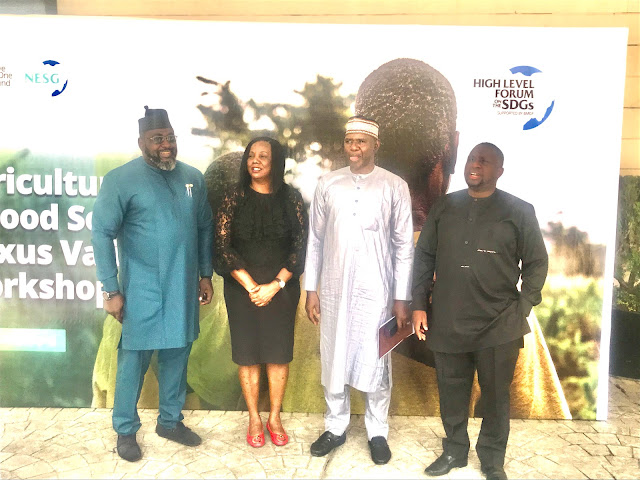The Nigerian Economic Summit Group (NESG) has disclosed that there is a high rate of food production decline occasioned by insecurity challenges confronting farmers across the nation.
This was disclosed by the Chief Operating Officer (COO), NESG, Dr Tayo Aduloju, during Agriculture and Food Security Nexus Validation and Consolidation Meeting in Abuja this week Tuesday. expressed worry over the decline
Aduloju who expressed worries over the decline said there was a huge supply-demand gap across all food crops in the country, saying the country is not producing enough to meet local demand.
Aduloju, who is also the Project Director for the High Level Forum on the Sustainable Development Goals, said there was need for an urgent action to act for Nigeria to be food sufficient.
He called for collective response to halt the demand and supply deficit, and to possibly expand agriculture as surplus trade centre in the country.
“Some of the jobs we are creating in agriculture remains unsustainable, we are importing more agriculture products than we are exporting. The cultivation rate is going down.
There is need for urgency to act, there are things we can do internally and externally to make things better.
“This is impacting heavily on our ability to meet the Sustainable Development Goals 2030,” he said
Similarly, Mr. Omoboyede Olusanya, NESG’s Co-chair, Private Sector of the Agriculture and Food Security Policy Commission, attributed reduced incomes, disrupted supply chains, chronic and acute hunger to be on the rise due to herdsmen/ farmers conflict, socio economic condition , natural hazards, climate change and pests.
According to him, Nigeria is not on track to meet the SDGs without a sustained deliberate, decisive and collaborative approach.
Dr. Earnest Umakhihe, Permanent Secretary, Federal Ministry of Agriculture and Rural Development,(FMARD), said that SDGs remained a global call to put an end to poverty.
Umakhihe, represented by Mr. Ibrahim Tanimi, FMARD Deputy Director Research and Planning, who said the SDG goal was to secure the planet, and ensure that everyone lives in peace and prosperity by 2030 adding that the ministry has put in place a new National Agricultural Technology and Innovation Policy ( NATIP) that will be used to eradicate poverty, and create wealth.
He added the new policy would help to promote extension service delivery, access to finance and insurance, agricultural land productivity and rural community livelihood.



















It is encouraging to hear about initiatives aimed at addressing food security challenges in Nigeria.
ReplyDelete